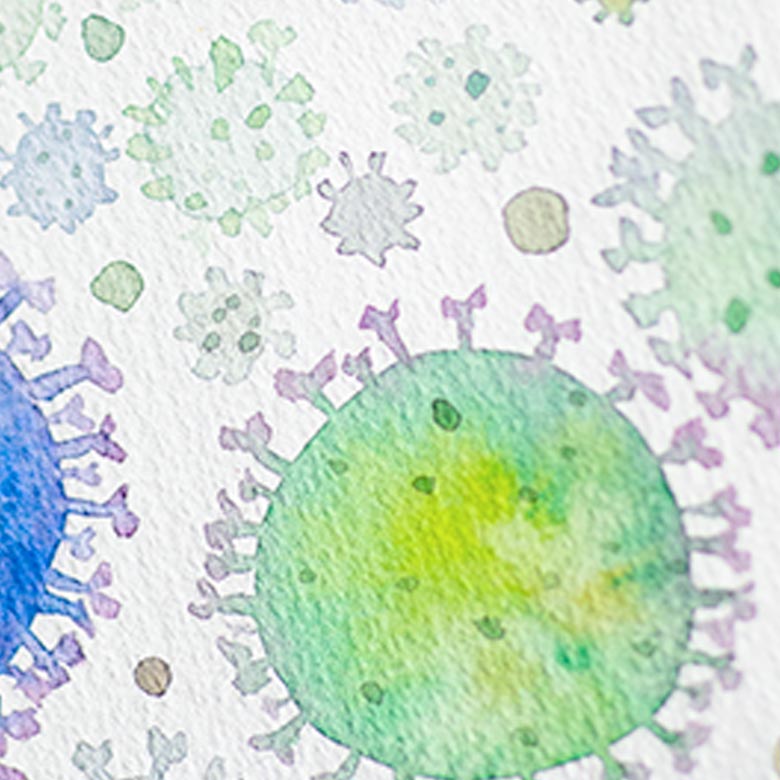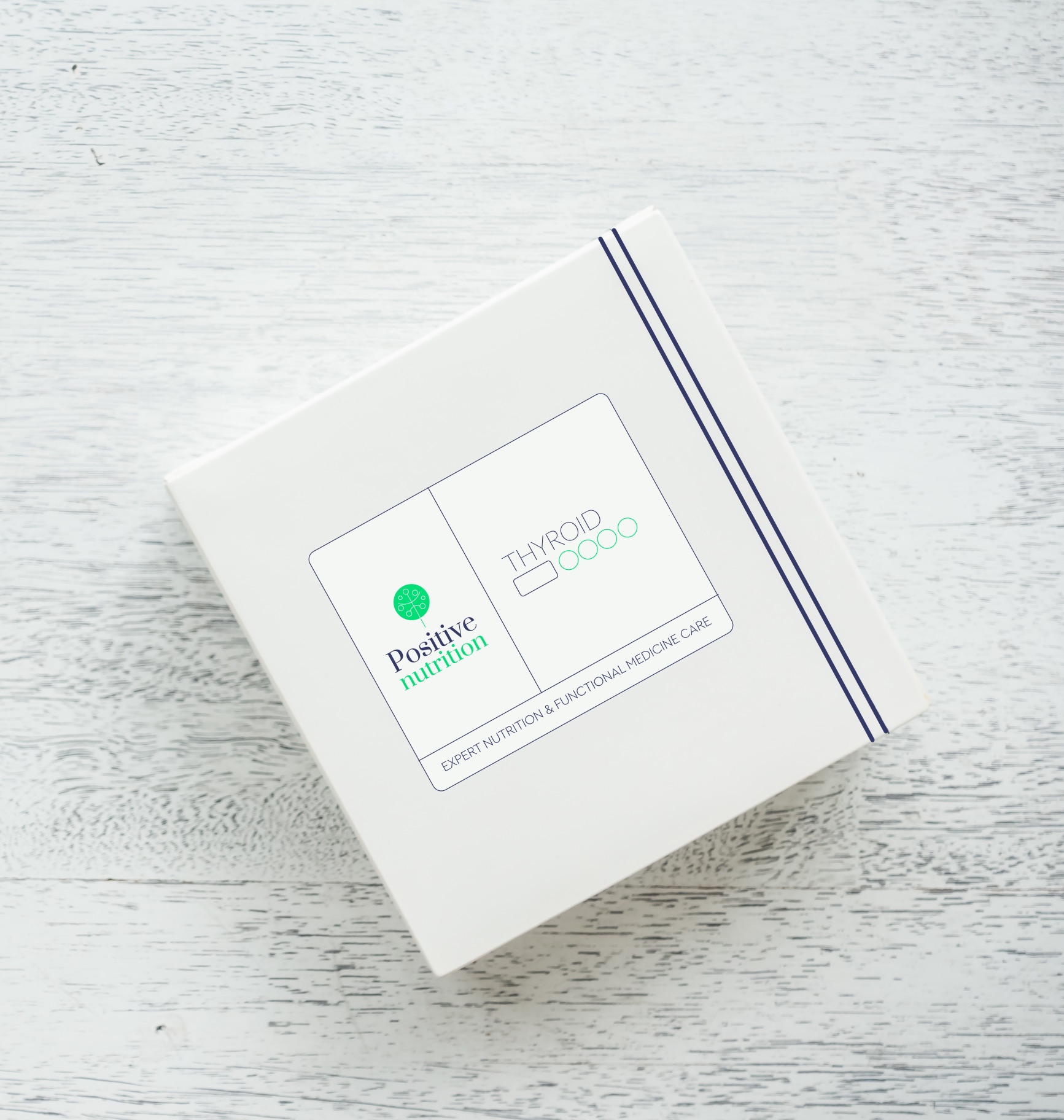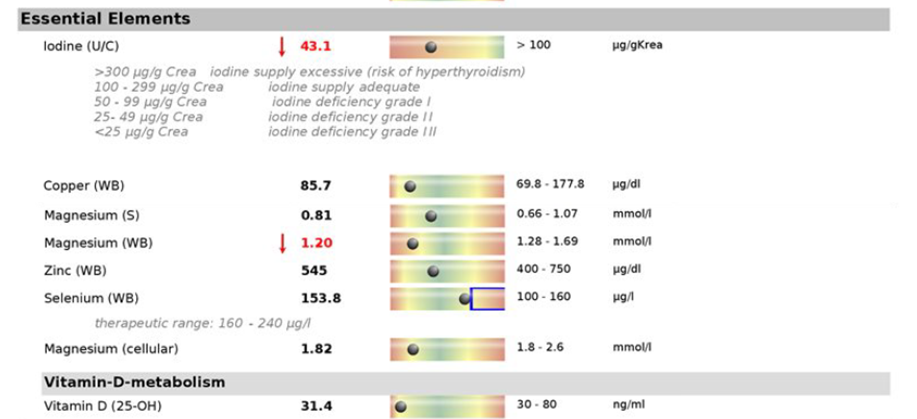Thyroid Nutrient Profile


Thyroid Nutrient Profile
€220.00 + phlebotomy and shipping
Your thyroid requires vital nutrients to produce thyroid hormones. If you are deficient in these nutrients, the thyroid may not function optimally.
Who can benefit from this test?
Your nutritionist may recommend this test if you have:
- Symptoms of thyroid dysfunction such as fatigue, poor hair and skin quality, difficulty managing weight, hormonal imbalances, changes in body temperature or mood
- Diagnosed thyroid dysfunction, e.g. Hashimoto’s disease, even if on medication (Eltroxin) but are still experiencing symptoms
- Subclinical thyroid dysfunction or may be in the early stages
- TSH of less than 1 mIU/L or over 2.5 mIU/L which is considered ‘normal’ but not optimal, particularly in the case of fertility or pregnancy
- Unexplained infertility or recurrent miscarriages

Learn More about our Thyroid Nutrient Profile
Blood test (phlebotomy) and urine sample (at home)
Our thyroid nutrient profile covers essential nutrients required for thyroid function and health. This is useful for tailoring your nutritional and supplement plan to support optimal thyroid function, even if you are already on thyroid medication. This may help to reduce the need for medication or prevent thyroid damage and dysfunction.
Iodine is the most important mineral for your thyroid function – all thyroid hormones are made with a core of iodine. If you have too much or too little, your thyroid may not function optimally.
This test measures:
- Selenium
- Zinc
- Copper
- Magnesium (red cell magnesium)
- Iodine (urine)
- Vitamin D
- Optional add on: ferritin to measure iron stores
Goes well with:
- Advanced Thyroid Test
Carol had an underactive thyroid for which she was being treated with Eltroxin. However, she still had symptoms of low energy/ fatigue and weight gain. Her Eltroxin dosage had to be increased several times, so she was looking for a way to naturally support her thyroid function better. She carried out a Thyroid Nutritional Profile blood test and identified key deficiencies in her diet. She adopted a dietary and supplement plan to restore her levels and has maintained stable thyroid function since.
Key findings:
- Very low levels of iodine which is critical for producing thyroid hormones
- Low levels of magnesium as found in red cells which indicate magnesium stores, much better than is reflected in serum
- Borderline low vitamin D, much lower than optimal levels

See also: our case study published in a medical journal about testing for iodine deficiency and restoring thyroid function